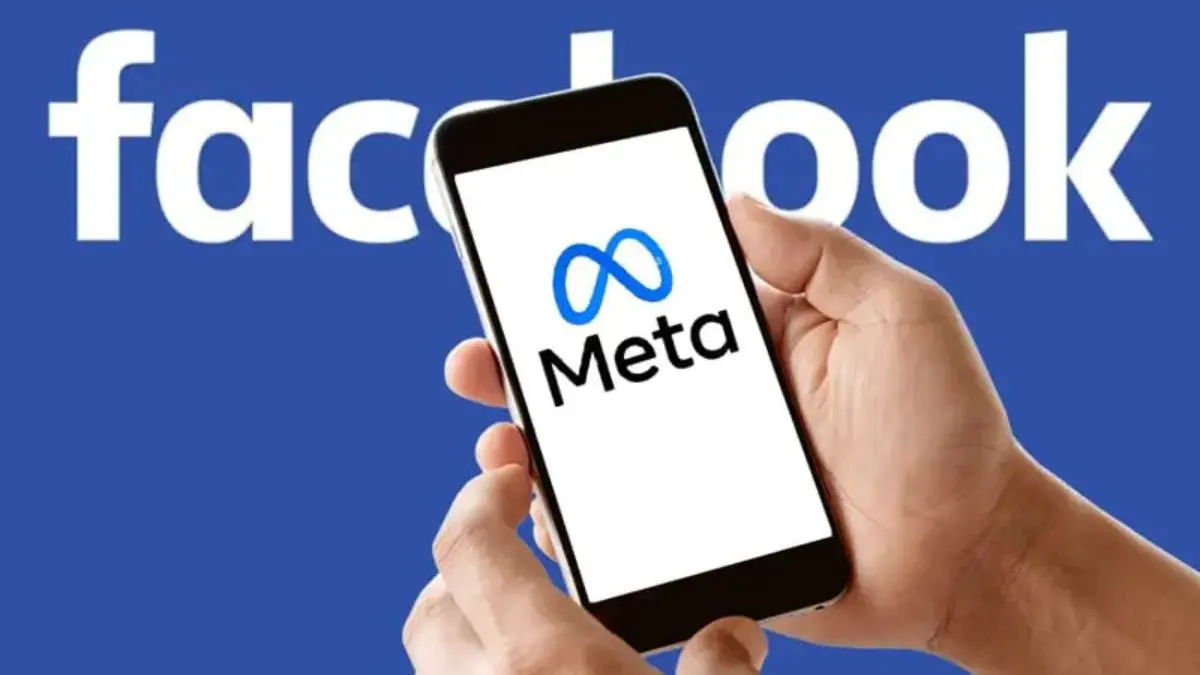Kenyan court rules Meta can be sued over Ethiopia violence-related posts
By Axel Miller | 04 Apr 2025

A Kenyan court has ruled that Meta, the parent company of Facebook, can be sued in the country over its alleged role in promoting content that fueled ethnic violence in Ethiopia. The case, filed by two Ethiopian researchers and the Katiba Institute, argues that Meta’s algorithms amplified harmful content during Ethiopia’s 2020-2022 Tigray conflict.
Meta had contested the lawsuit, claiming that Kenyan courts lack jurisdiction since the company is not registered locally. However, Kenya’s High Court dismissed this argument, affirming its authority to hear the case.
Nora Mbagathi, executive director of the Katiba Institute, hailed the ruling, stating:
“The court has recognized that global issues must be tackled locally and not ignored.”
Meta has yet to respond to the court’s decision.
The plaintiffs argue that Facebook’s recommendation system boosted violent content, worsening the conflict in Ethiopia.
One of the plaintiffs, Abrham Meareg, claims his father, Meareg Amare, was killed in 2021 after being targeted by threatening Facebook posts. Another, Fisseha Tekle, a researcher at Amnesty International, says he faced online harassment due to his human rights work in Ethiopia.
They are demanding that Meta:
- Set up a restitution fund for victims of hate-fueled violence
- Modify its algorithm to prevent the spread of hate speech
Meta has previously defended its practices, stating that it invests heavily in content moderation and has removed hate-filled posts.
Meta faces multiple lawsuits in Kenya
This lawsuit is one of three currently filed against Meta in Kenya. The company is also battling cases from content moderators who allege poor working conditions and claim they were fired for attempting to unionize.
Despite spending billions on content moderation and hiring thousands of moderators worldwide, Meta discontinued its U.S. fact-checking program in January. It also announced that it would no longer proactively scan for hate speech, instead reviewing posts only when reported by users.
This case could set a precedent for how social media companies are held accountable for harmful content in different countries.
FAQs: Meta’s Legal Battle in Kenya Over Ethiopia Violence-Related Posts
1. Why is Meta being sued in Kenya?
Meta, Facebook’s parent company, is facing a lawsuit in Kenya over claims that its platform amplified hate speech and violent content during Ethiopia’s Tigray conflict (2020-2022). The plaintiffs argue that Facebook’s algorithm promoted harmful posts, leading to real-world violence and deaths.
2. What was the court’s ruling?
Kenya’s High Court ruled that Meta can be sued in Kenya, rejecting Meta’s argument that local courts lack jurisdiction since the company is not registered in the country. This decision allows the case to proceed.
3. Who are the plaintiffs in this case?
The lawsuit was filed by:
- Abrham Meareg, who alleges that Facebook-fueled hate led to his father’s murder in 2021
- Fisseha Tekle, an Amnesty International researcher, who says he faced online threats for his human rights work
- Katiba Institute, a Kenyan legal advocacy group supporting the case
4. What do the plaintiffs want from Meta?
They are demanding that Meta:
- Create a restitution fund for victims of violence caused by hate speech on the platform
- Change its algorithms to stop amplifying harmful content
- Strengthen content moderation to prevent the spread of hate speech
5. How has Meta responded to the allegations?
Meta has previously stated that it invests heavily in content moderation and removes harmful content. However, it has not yet responded to the latest court ruling in Kenya.
6. Is this the first lawsuit against Meta in Kenya?
No. Meta faces two other lawsuits in Kenya:
- A case filed by content moderators, alleging poor working conditions and unfair dismissals
- Another case involving content moderation policies and their impact on users in African regions
7. What impact could this case have on social media regulation?
This lawsuit could set a global precedent for holding social media companies accountable for content that incites violence. If successful, it may push platforms like Facebook to change their content moderation policies in developing countries.


















